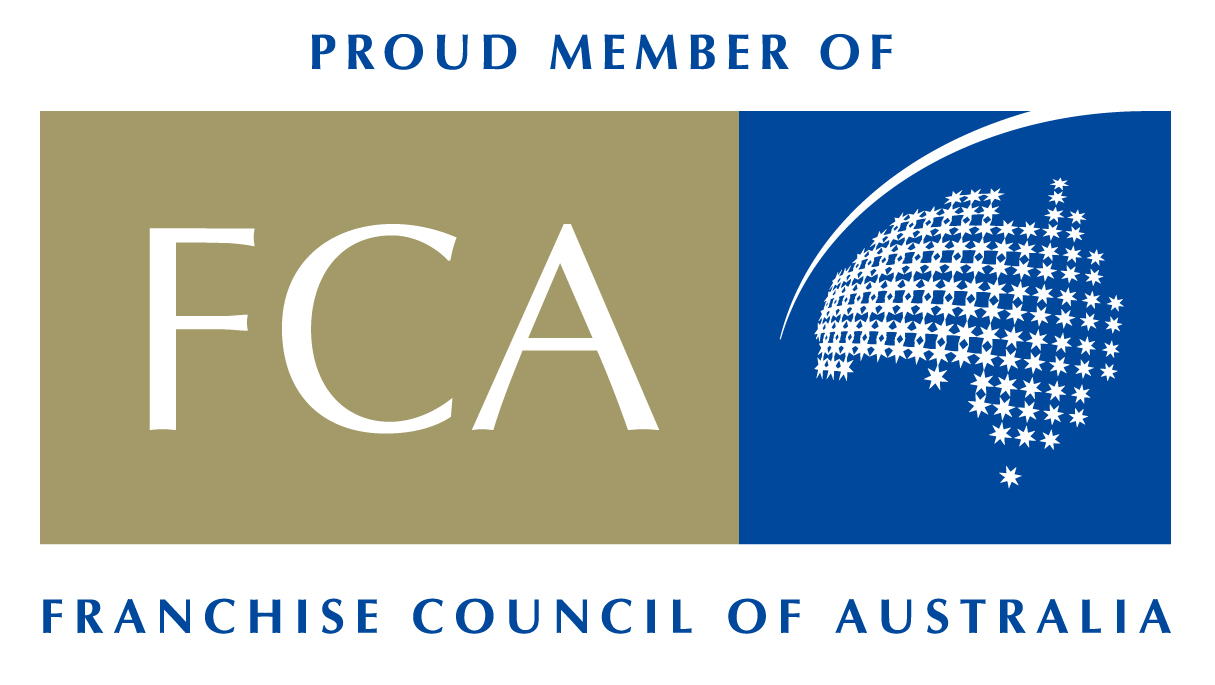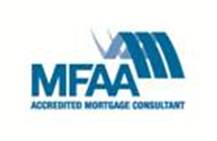Frequently Asked Questions:
1. I have decided to purchase or refinance a property what do I do next?
Congratulations on making potentially one of the best decision of your life. The first thing to do is to contact either your Property Coach or Finance Specialist and we will start the ball rolling. We will send you a process flow chart to help you track the steps as we go.
2. How do I work out my LVR?
(Total loan / property valuation) x 100 = LVR%
e.g. Loan of $180,000 and the property value is $300,000
($180,000 / $300,000) x 100 = 60% LVR
If you want to work out how much equity you can take out of a property the equations is:
(Property Valuation x (80% - 95%)) - current debt = Equity Out
In this situation we will take the loan to an 80% LVR ($300,000 x 80%) - $180,000 = $60,000
* your Coach or Finance specialist will advise you as to the LVR you can go up to depending on your serviceability
3. How do I work out my land to building ratio?
Lets assume that I have purchased a 900 sq mtr block with a three bedroom house. I know that blocks of land in the area have sold for about $260 sq. mtr., thereby making my block worth approximately $234,000.
This property is on the market for $270,000
$270,000 - $234,000 = $36,000
This mean I am paying only $36,000 for the house that happens to sit on the land.
$36,000/ $270,000 x 100 = 13%
House = 13%
Land = 87%
4. I have been told about a Line of credit (LOC). What is that?
A line of credit has a loan limit. If you pay it down at some stage, you can still redraw the funds at anytime to the loan limit approved.
5. Is a LOC better for me?
Advantages:
• You have a credit limit that you can go up to.
• You only pay interest on the balance outstanding rather then the total limit.
• You can use your unused funds to pay your repayments
Disadvantages:
• Higher interest rates
• Easy access to cash.
If you don’t manage your money correctly it can get you into strife.
6. What are my costs when refinancing?
- Your current lenders discharge/break fee.
- New lenders establishment fees
- New lenders Mortgage Insurance if required
Exit fees can range from $700 to 2% of your loan. You will need to check with your bank to clarify these costs
7. What is a professional package?
It was once designed for the professional occupations who tended to borrow more money. However most people theses day tend to borrow more money.
The benefits are:
- 150k - 250k on average attacks a 0.4% discount off the standard variable rate
- 250k - 500k on average attacks a 0.7% discount off the standard variable rate
- 500k and above is by negotiation with the lender
The majority of professional packages come with a compulsory credit card and transaction account. They all attack a yearly fee as appose to monthly transa ction fees. Most will come with an offset account. The valuation fees and establishment fees are waved with a professional package.
* contact your finance specialist, as packages change depending on each lender.
8. What is an offset account?
Lets say that you have a total loan amount of $500,000 of which:
$40,000 sits in your offset account (your pay, rent and savings)
The difference ($460,000) is what you pay interest on for each day that the remaining sits in your loan offset account. The best part is that you can redraw the funds like usual without penalty from most lenders.
9. Can I get a better rate on my home loan?
More than likely yes you can. The question here should be why are we using the lender? Majority of times it will be because the lending criteria suits your situation. Some lenders will lend more than others. By trying to get the best rate you could in fact reduce your borrowing capacity by up to $100,000.
10. Who is VEDA
VEDA holds your credit file. They list defaults and enquiries for credit against your name. This enables other credit providers to verify what you have declared on your application
11. The other services I will need for my property to settle are?
- Conveyancer/ solicitor - for either a purchase or a sale
- If you have purchased a rental property, you will need to engage a property manager prior to settlement of your property. You want to hit the ground running with a tenant moving into the property on the day of settlement.
12. What fees do I have to pay for my new loan?
If you are not being placed into a professional package the follow will apply
- Establishment fee approx $600 - $750
- Valuation fee approx $250
- For all new property purchases
- Stamp duty
- Legal costs
- Lender Mortgage Insurance :if your loan is about the 80% for full doc loans and 60% for Low doc loans
These cost will be subject to the state in which you have purchased the property and the legal costs will differ from one to another
13. I have always been told not to pay Lenders Mortgage Insurance (LMI) is this right?
This is a complex question that needs a good conversation. Call your Coach or Finance specialist to discuss the pros and cons
14. When my loan settles, how long does it take till I have the money in my account?
From date of settlement it will normally take 24hrs to appear in your nominated account.
15. Who do I call if it is not there?
Call your Finance specialist or 1300 850 684 and we will track it down for you.
16. What happens once my loan settles and I am ready to buy my next property?
Contact either your Property Coach or your finance consultant. They will start an application for you. They will also revise your plan with you if required.





